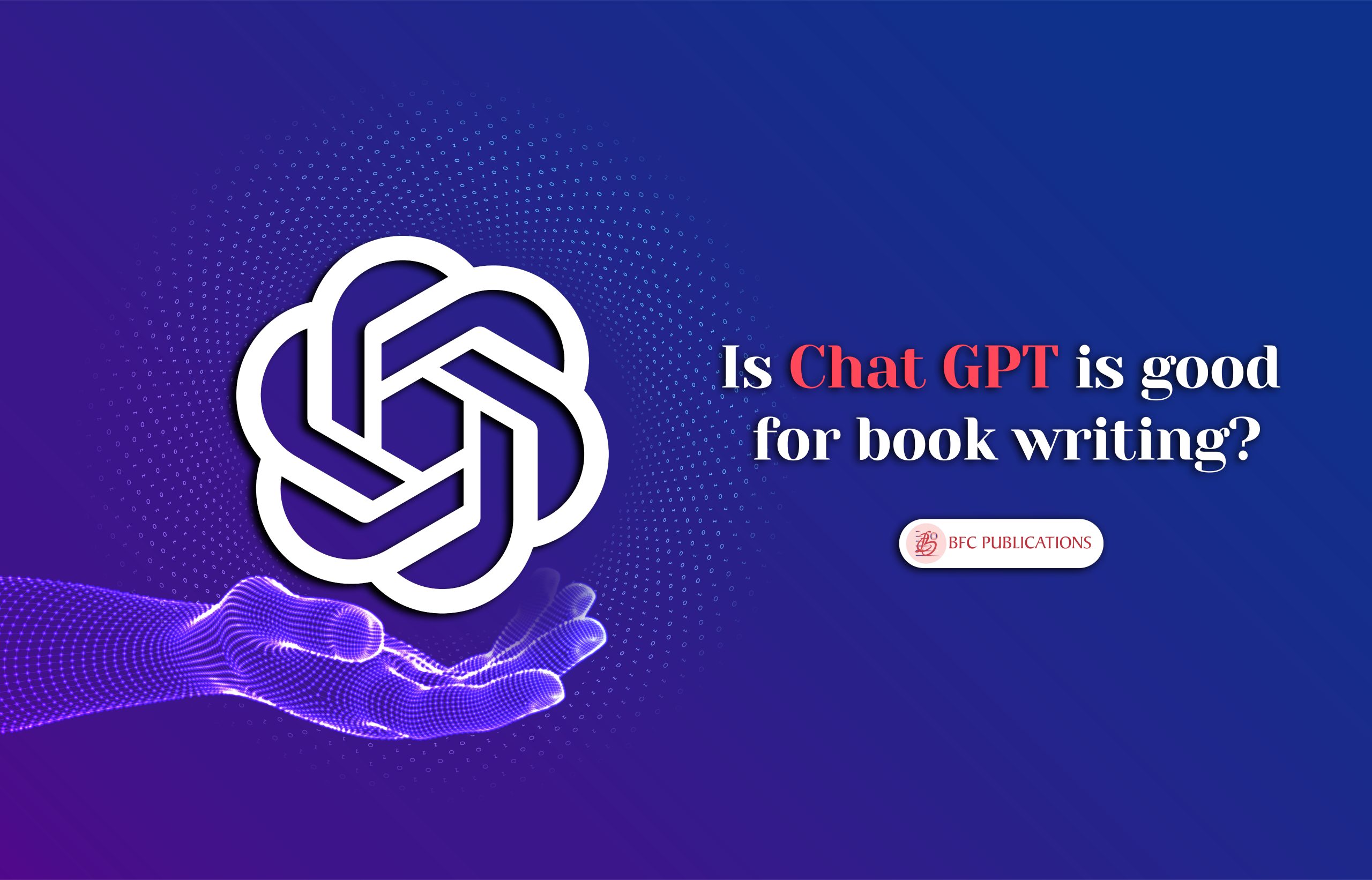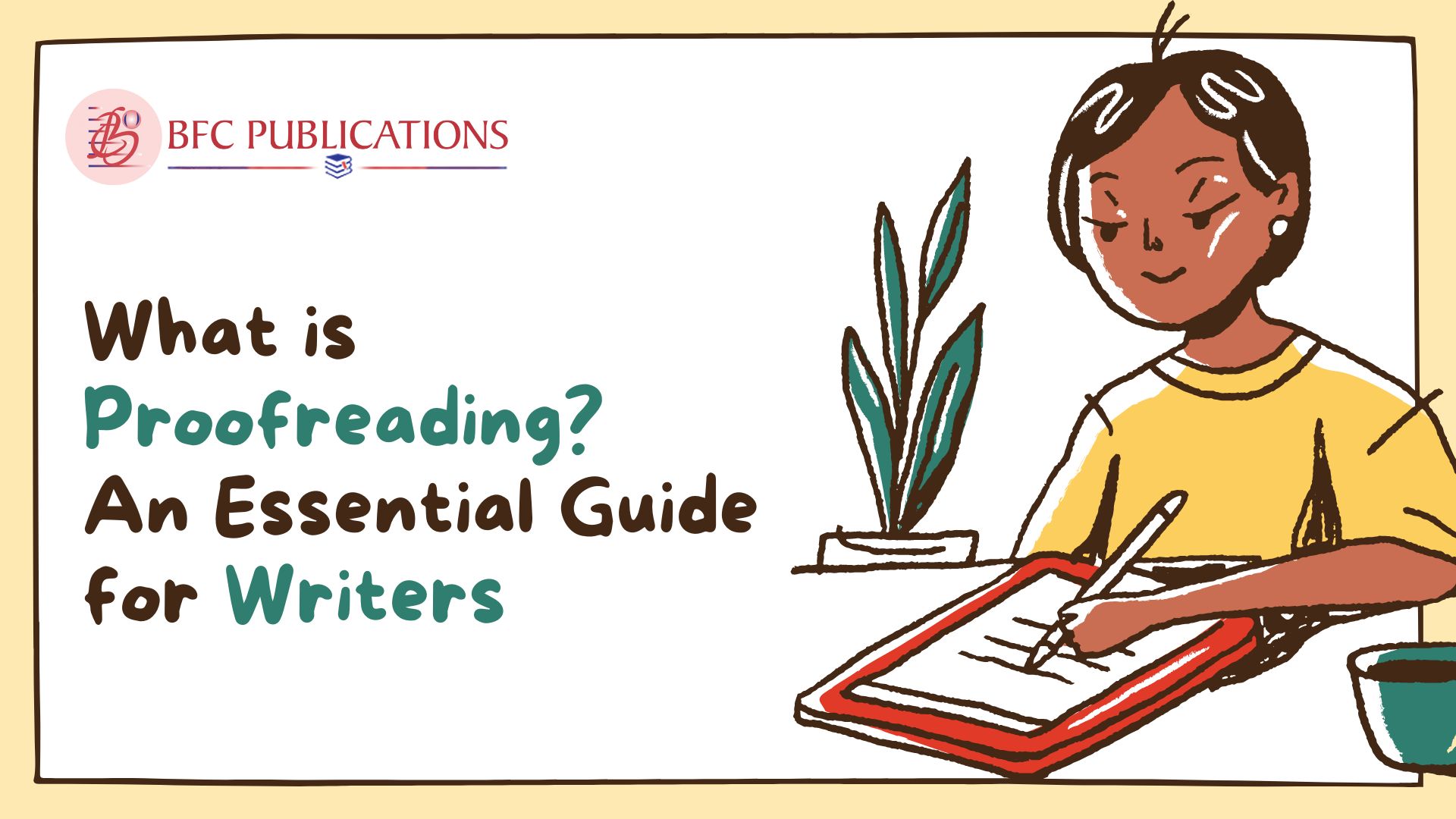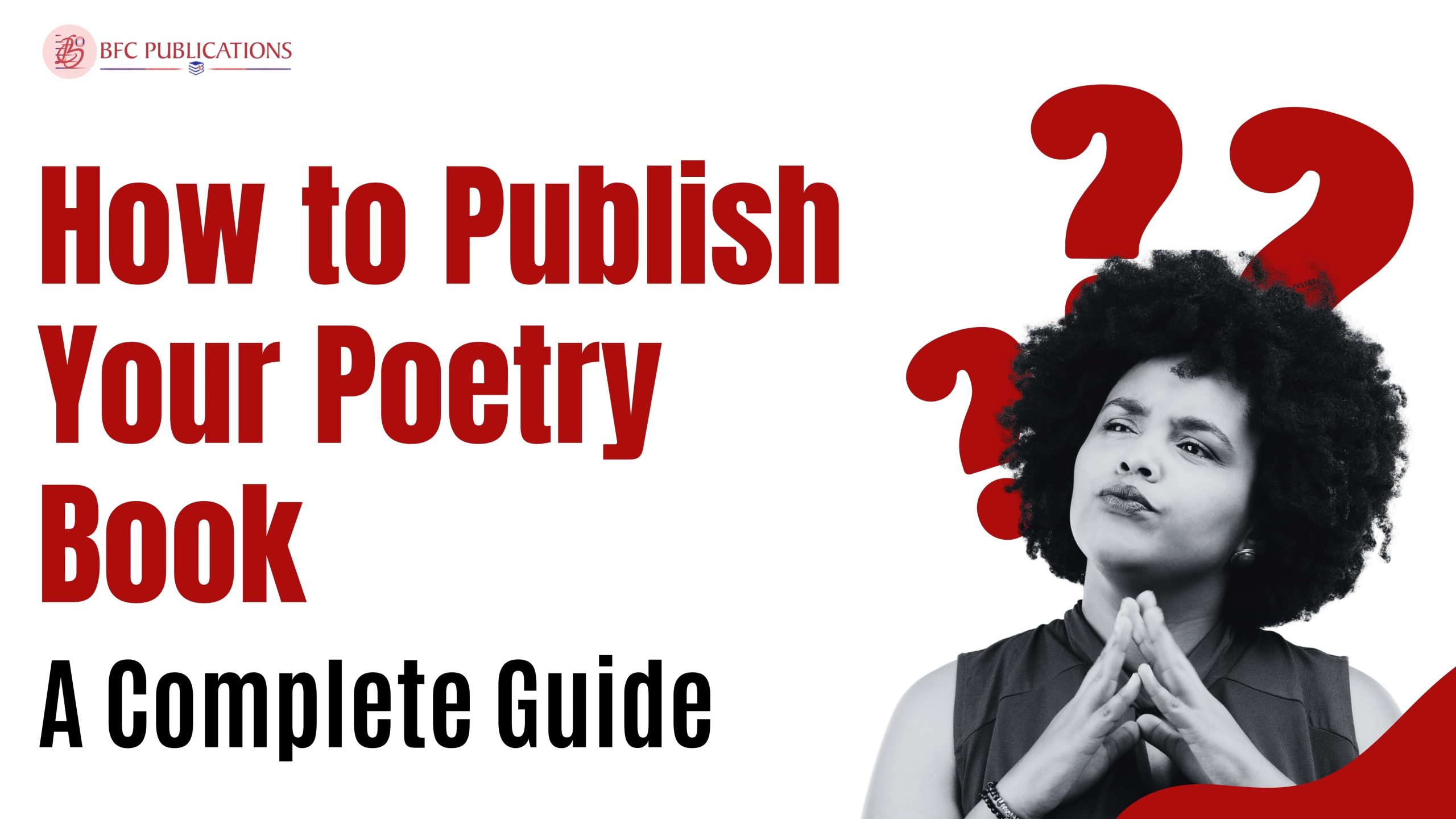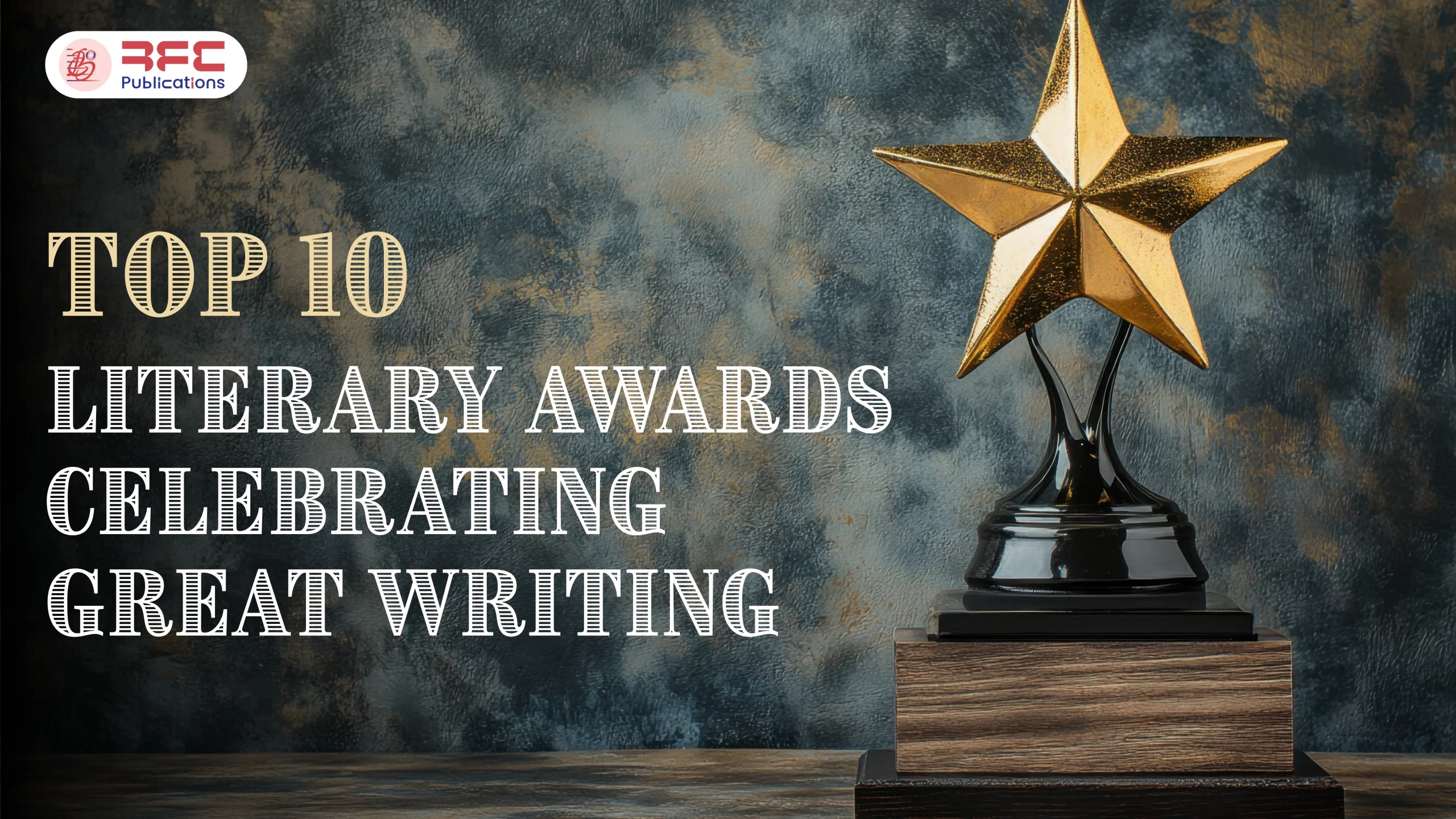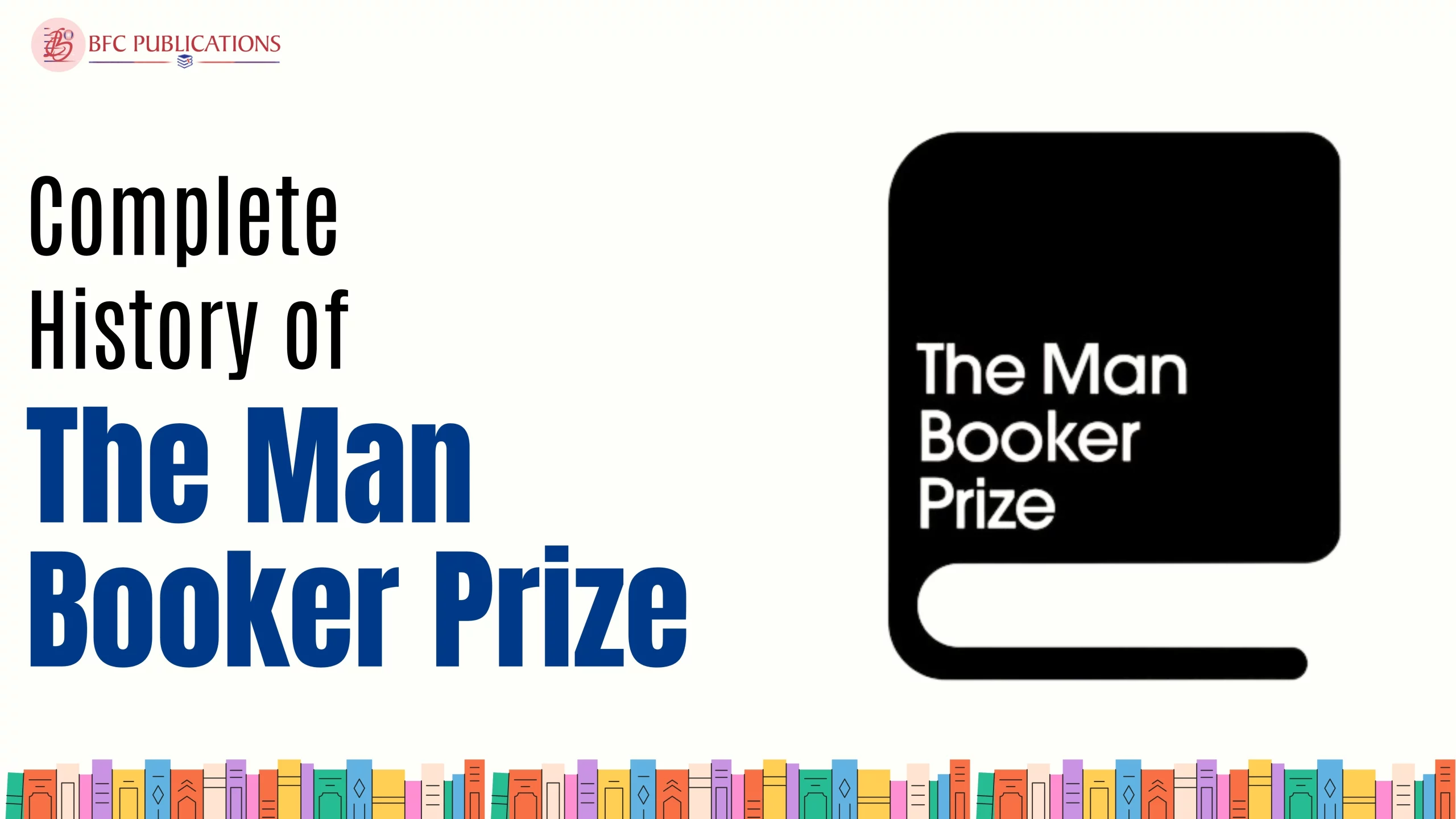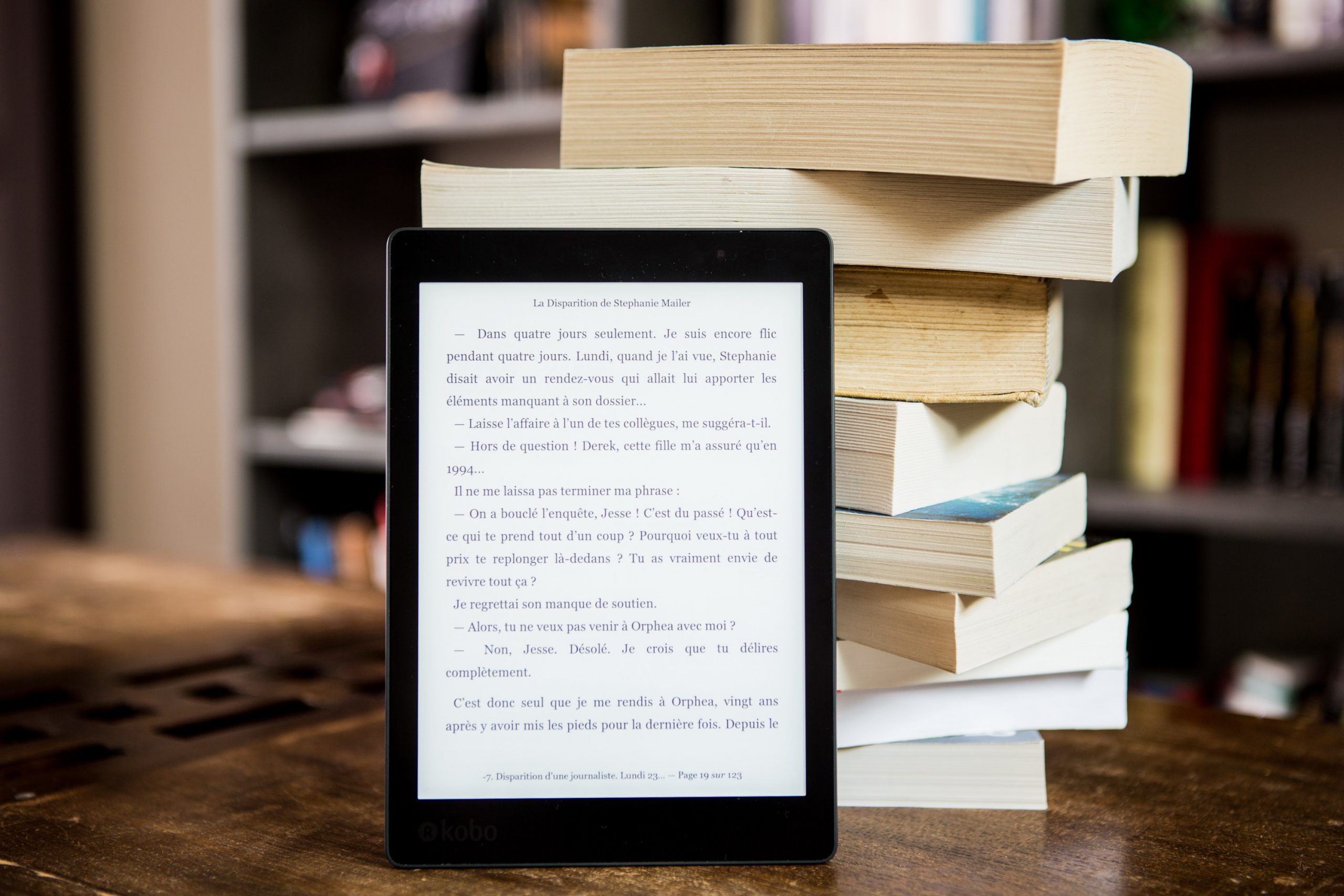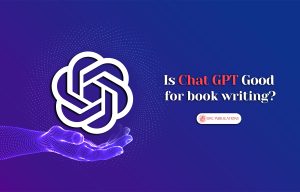
As a language model developed by OpenAI, Chat GPT has been designed to produce human-like responses to a variety of prompts, including those related to creative writing. Given its capabilities, many people may wonder whether Chat GPT is good for book writing.
The answer to this question depends on a number of factors, including the type of book being written, the goals of the author, and the intended audience. In this blog post, we’ll explore some of the ways in which Chat GPT can be used for book writing, as well as some of the potential drawbacks to consider.
Advantages of using Chat GPT for book writing
One of the main advantages of using Chat GPT for book writing is that it can help authors overcome writer’s block. Writing a book can be a daunting task, and it’s not uncommon for authors to hit a wall when trying to come up with ideas or find the right words to express their thoughts. Chat GPT can be a useful tool in these situations, as it can generate ideas and provide inspiration when the creative well has run dry.
Another advantage of using Chat GPT for book writing is that it can help authors save time. Writing a book can be a time-consuming process, and many authors struggle to find the time to devote to their writing projects. Chat GPT can help to streamline the writing process by generating content quickly and efficiently. This can be especially useful for authors who are on a tight deadline or who simply want to complete their book as quickly as possible.
Additionally, Chat GPT can be a helpful tool for authors who are struggling with grammar or sentence structure. While Chat GPT may not be perfect, it has been trained on vast amounts of text and is able to produce responses that are generally grammatically correct and easy to read. This can be a useful tool for authors who struggle with grammar or who are not native speakers of the language in which they are writing.
Disadvantages of using Chat GPT for book writing
While there are some advantages to using Chat GPT for book writing, there are also some potential drawbacks to consider. One of the main concerns is that using Chat GPT could lead to a lack of originality in the finished product. Because Chat GPT is trained on existing text, there is a risk that the content it produces could be too similar to existing works, which could be seen as plagiarism or copyright infringement.
Another concern is that using Chat GPT could result in a lack of coherence in the finished product. While Chat GPT is capable of producing grammatically correct sentences, it may not be able to generate content that is well-structured or coherent. This could lead to a book that is difficult to read or that doesn’t make sense to the reader.
Finally, it’s important to consider the ethical implications of using Chat GPT for book writing. While Chat GPT is a powerful tool, it’s not perfect, and it’s important to remember that the content it produces is only as good as the data it’s been trained on. There is a risk that using Chat GPT could perpetuate biases or stereotypes that exist in the data it’s been trained on, which could have negative consequences for readers.
Also, Check – ChatGPT Prompts for Writers
Conclusion
In conclusion, Chat GPT can be a useful tool for book writing, particularly for authors who are struggling with writer’s block, time constraints, or grammar issues. However, it’s important to consider the potential drawbacks of using Chat GPT, including the risk of lack of originality, coherence, and ethical concerns. Ultimately, the decision of whether to use Chat GPT for book writing will depend on the individual author’s goals, preferences, and the type of book they are writing. The ideal approach herein would be to use Chat GPT as a helping hand, a dictionary you can use to pluck out that elusive word or phrase you’ve been struggling to put your finger on.
Please let us know your thoughts about this post by leaving a reply in the comments section. You can also reach out to us by visiting the Book Publisher in India.
